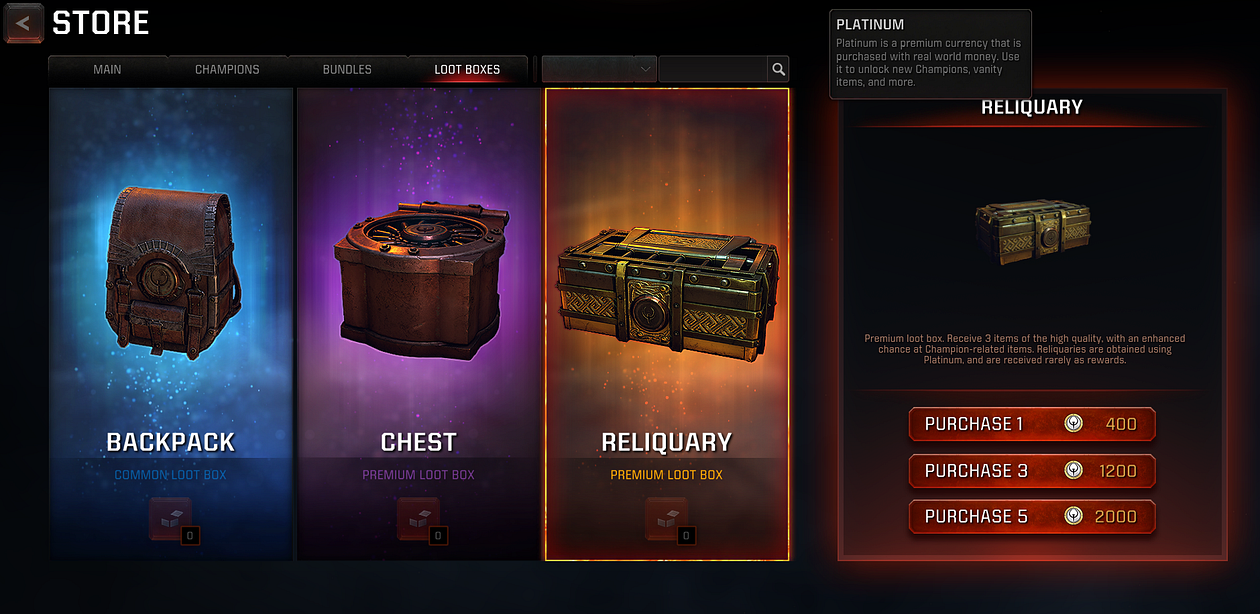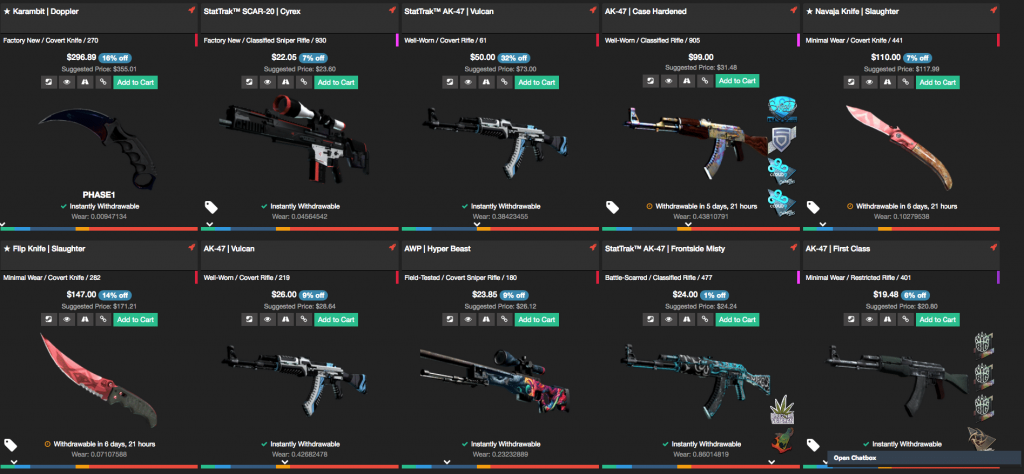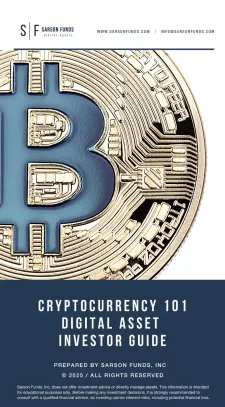 Written by Evan LaMontagne, Blockchain & Gaming Analyst at Sarson Funds
Written by Evan LaMontagne, Blockchain & Gaming Analyst at Sarson Funds
Web3 Gaming Economies
Something few understood 10 years ago but is now the backbone of the user experience for almost all genres of games. The rise in this in-game necessity has led to many companies attempting to reinvent the ways in which gamers spend money on improved digital experiences and accrue in-game value over their playtime. We have seen the rise of pay-to-win models, skin collecting for different in-game cosmetic upgrades, loot chest variations, the ‘premium in-game currency’ system, and more.
There have been many attempts at creating an ecosystem where users are not just incentivized to spend the in-game currencies acquired through purchasing or progression; these have shown promise in differentiated business models. This is where companies in the Web3 gaming economies can begin to differentiate themselves through player-owned assets. This has been the façade of the gaming ecosystem since its inception. Players earn and acquire items and cosmetic upgrades through natural game progression and purchases, but the reality is much darker than it seems. There is NO delegation of ownership for these items. They remain under the authority of the company that issued you permission to use them in a controlled environment under their rules. At any time, they have the ability to refuse access to the items, servers, or wider game without warning or explanation. This is why the evolution in the Web3 gaming economies is important. True ownership and free market access with dynamic utilities.

True Player Ownership
We are moving in the direction of combined ownership of these game protocols between users, the game developers, and investors. This not only aligns incentives and gives the opportunity to support games financially and by participating, but also allows users to collect items throughout the life cycle of the game and continue to transfer ownership of these items if desired due to the nature of blockchain-based ownership. This idea of transferability has worked particularly well with traditional games like Rocket League, Roblox, and Counter-Strike with the ability for a real game economy to form around the items created, earned, or collected. These games do fall victim to the same problem discussed above; however, centralization of distribution and use.

The Game Structure
This is where the possibilities open for the flywheel components of Web3 gaming economies to thrive. We have seen the introduction of these mechanics in games already, but not to mass successes, yet. The goal with the flywheel approach is to incentivize users’ active participation and the spending of earned currencies so that creators, users, and game developers all can approach the ecosystem with mutual benefit. This can include selling items for the earned currency of other users in a Peer-to-Peer setting, purchasing and collecting limited item releases from the game developers, allowing for users to create and sell their own in-game content experiences, and more. Allowing all involved to benefit from the growth of the game platforms transparently is the key to fostering the game experience from web2 that all users have grown to love, and the player ownership and creation experience that users from Web3 gaming economies have grown to expect.

Gala Games with their $GALA token is a great example of how to properly approach this evolving industry of Web3 gaming economies. They allow users to purchase, sell and trade in-game items as NFTs. These items can allow access to unique experiences, rewards bonuses, true player ownership, and special perks that are not accessible in any other way. Because Gala has a platform that supports many games, it makes the transition process that much easier for users of multiple games. This is the way to truly reward gamers for their time spent and allow them to tap into the value they have worked, played, or paid for. The idea that users can transfer value between games in the form of selling, trading, or buying from other users is one that challenges the web2 approach to gaming of no ownership, just access. This major shift in mindset could yield big results for the companies that fully embrace the new possibilities of creator royalties, marketplace fees, and community content creation.
Disclosures: Not investment advice. It should be assumed that Sarson Funds or its affiliated managers hold positions in all projects that are discussed. It is not possible to invest in any project directly through Sarson Funds, Inc. or its affiliated managers. Any investment product offered by managers affiliated with Sarson Funds should be assumed to be only available to Accredited Investors and subject to the individual terms and conditions of that offering including but not limited to those eligibility requirements associated with U.S. Securities Regulation D, section 506c. Talk with your financial advisor before making any investment decisions or have them contact Sarson Funds directly at [email protected].








